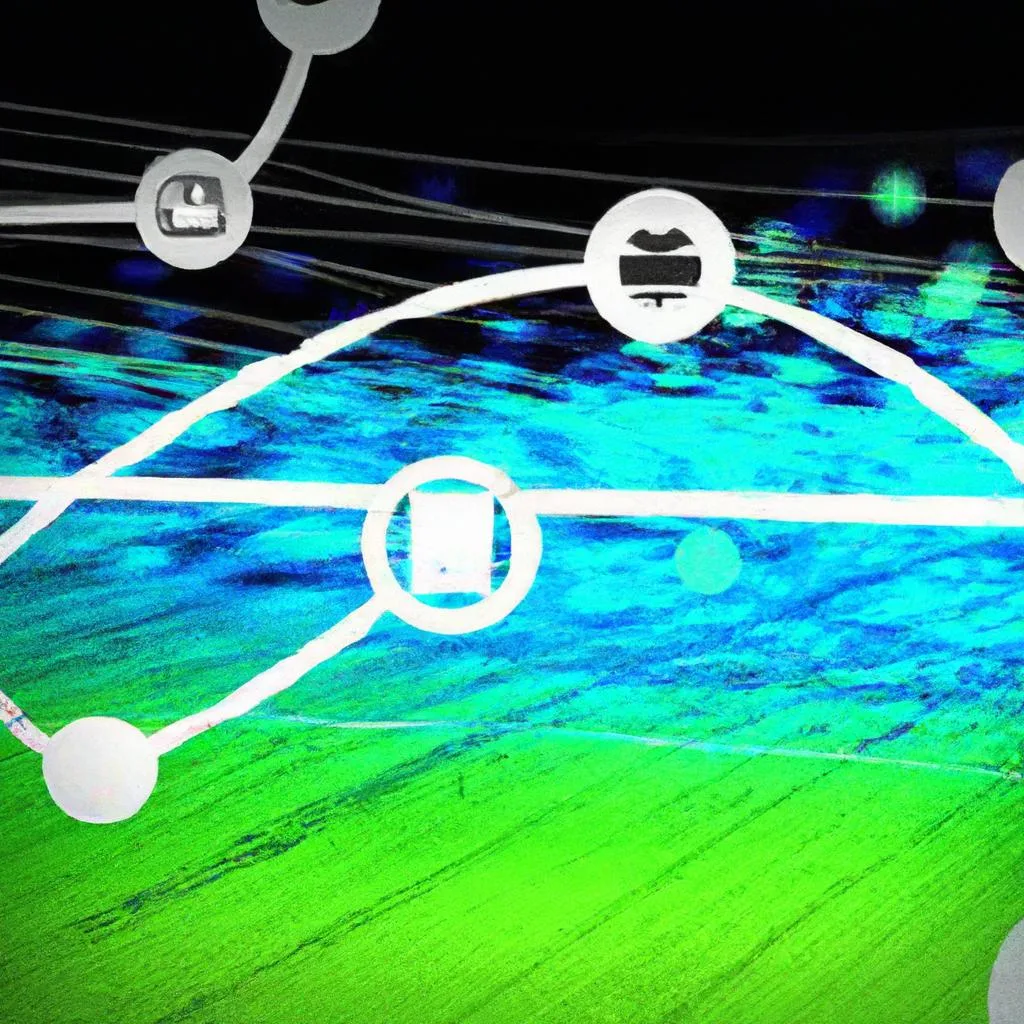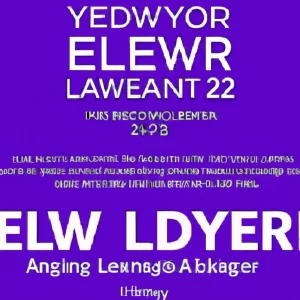Navigating the intricate landscape of probate can be a daunting task, particularly when disputes and challenges to a will arise. As experienced practitioners in the field of estate planning and probate, the team at Morgan Legal Group in New York City comprehends the complexities involved in resolving conflicts surrounding wills during the probate process. In this article, we will delve into the various methods and procedures used to address disputes and challenges to a will, providing valuable insights for those seeking clarity in this challenging area of law.
Understanding the Legal Grounds for Challenging a Will
When challenging a will during probate, it is crucial to understand the legal grounds on which such disputes can be resolved. Several factors may lead to a will being challenged, including but not limited to:
- Lack of capacity: If the testator was not of sound mind at the time the will was created, the validity of the document can be questioned.
- Undue influence: If it can be proven that the testator was coerced or manipulated into creating the will in a certain way, the document may be deemed invalid.
- Fraud: If the will was forged or signed under false pretenses, it can be challenged in court.
In these situations, it is essential to seek legal counsel from experienced probate attorneys who specialize in resolving disputes over wills. The process of challenging a will can be complex and emotionally charged, but with the right legal representation, you can ensure that your rights are protected and that the final outcome is fair and just.
Navigating the Probate Court Process for Will Disputes
During the probate court process, disputes and challenges to a will can arise when beneficiaries or family members believe the will is invalid, forged, or executed under undue influence. Resolving these disputes can be a complex and lengthy process that requires legal expertise and careful navigation through the probate court system.
During probate, disputes and challenges to a will can be resolved through various legal mechanisms, such as mediation, negotiation, or litigation. Mediation can be a useful tool to help parties reach a mutually beneficial agreement outside of court, while negotiation allows for the parties to discuss their concerns and come to a resolution with the assistance of their legal representatives. In cases where an agreement cannot be reached, litigation may be necessary to present evidence, arguments, and testimony before the court to determine the validity of the will. It is crucial to consult with an experienced probate attorney to guide you through the process and protect your rights and interests.
Strategies for Resolving Conflicts and Reaching a Fair Resolution
One common strategy for resolving disputes and challenges to a will during prob
 Title: Resolving Disputes and Challenges to a Will during Probate
Title: Resolving Disputes and Challenges to a Will during Probate
Introduction:
The passing of a loved one is never easy, and dealing with their estate and assets can further add to the emotional burden. In such situations, a will provides a sense of guidance and assurance. However, disputes and challenges to a will can arise, making the probate process more complicated and lengthy. It is essential to understand how such disputes are resolved during probate to ensure a fair and just distribution of assets. In this article, we will discuss the various aspects of resolving disputes and challenges to a will during probate.
Understanding Probate:
Before delving into the resolution of disputes and challenges, let’s first understand what probate is. Probate is the legal process of distributing a deceased individual’s assets and property according to their wishes stated in their will. This process is supervised by the court, and an executor or personal representative is appointed to carry out the instructions of the will.
Common Disputes and Challenges to a Will:
Unfortunately, disputes and challenges to a will are not uncommon. Some of the most common reasons for such challenges include:
1. Validity of the Will:
One of the primary reasons for disputes is the questioning of the validity of the will. This can happen when there is a suspicion of the deceased being under undue influence or when there are concerns about their mental capacity while creating the will.
2. Disparity among Beneficiaries:
In some cases, beneficiaries may feel that they have not received their fair share of the assets. This could lead to challenges and disputes among them, especially when there is a lack of clear instructions in the will.
3. Conflicts with the Executor:
If the executor of the will has a conflict of interest or is not fulfilling their duties correctly, beneficiaries may challenge their role and seek to remove them from their position.
Compromising and Resolving Disputes during Probate:
The resolution of disputes during probate is usually a lengthy and complex process, involving legal proceedings and court intervention. However, there are ways to navigate such disputes and reach a compromise, avoiding the need for costly and lengthy legal battles. Here are some practical tips for resolving disputes and challenges:
1. Seeking Mediation:
In many cases, mediation can be an effective way to resolve disagreements. In this process, a neutral third party is appointed to facilitate discussions and find a mutually beneficial solution for all parties.
2. Consulting with an Attorney:
If the challenges to the will are based on legal grounds, it is best to consult with an experienced estate planning attorney. They can guide you through the legal process and advocate for your rights.
3. Validating the Will:
If there are concerns about the validity of the will, the executor can seek a court order to validate it. This involves providing evidence of the deceased’s mental capacity at the time of creating the will and proving that there was no undue influence involved.
4. Compromising on Assets:
In situations where there are disparities among beneficiaries, it may be possible to reach a compromise by splitting assets in a different manner. This can help avoid lengthy legal battles and ensure a fair distribution of assets.
Role of a Probate Attorney:
In cases where disputes and challenges cannot be resolved through mediation or negotiation, a probate attorney plays a crucial role. They are well-versed in the probate laws of the state and can represent the interests of the beneficiaries or the executor in court. They can also provide valuable guidance and advice on how to navigate through the complexities of probate and resolve disputes effectively.
Benefits of Resolving Disputes amicably:
Resolving disputes during probate in an amicable manner has several benefits, including:
1. Cost Savings:
Avoiding legal battles can result in significant cost savings for all parties involved.
2. Maintaining Family Relationships:
Probate disputes can strain relationships among family members. Resolving them amicably can help preserve family ties and avoid long-term animosity.
3. Quicker Resolution:
Taking legal action can significantly delay the probate process, causing more stress and financial strain. By resolving disputes amicably, the process can be completed efficiently and more quickly.
Conclusion:
In conclusion, disputes and challenges to a will during probate are not uncommon, and it is crucial to understand how to resolve them effectively. Seeking mediation, consulting with an attorney, and compromising on assets are some ways to navigate through such disputes. Additionally, it is vital to have a clear and well-drafted will to avoid any confusion or misunderstandings among beneficiaries. In case of any legal issues, it is best to seek the guidance of a probate attorney to ensure a fair and just distribution of assets according to the wishes of the deceased.
Remembering your loved one and respecting their final wishes is essential, and by resolving disputes amicably, you can honor their memory while also avoiding added stress and financial strain during an already challenging time.












